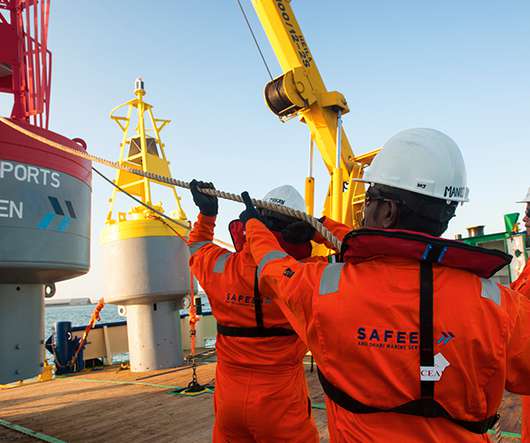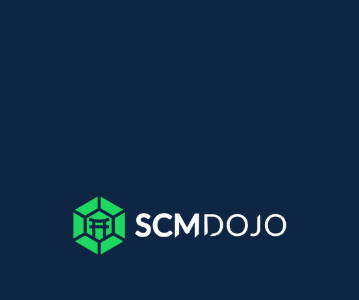Supply Chain Normalcy? Think Again.
Supply Chain Shaman
APRIL 18, 2023
Unrest in Sudan. Yes, we have achieved greater normalcy in transportation. Over four-hundred days of war in Ukraine. Growing tensions between China and trading partners. The global supply chain is built on three assumptions: rational government policy, availability of reasonably priced logistics, and low variability. What is normalcy?




























Let's personalize your content